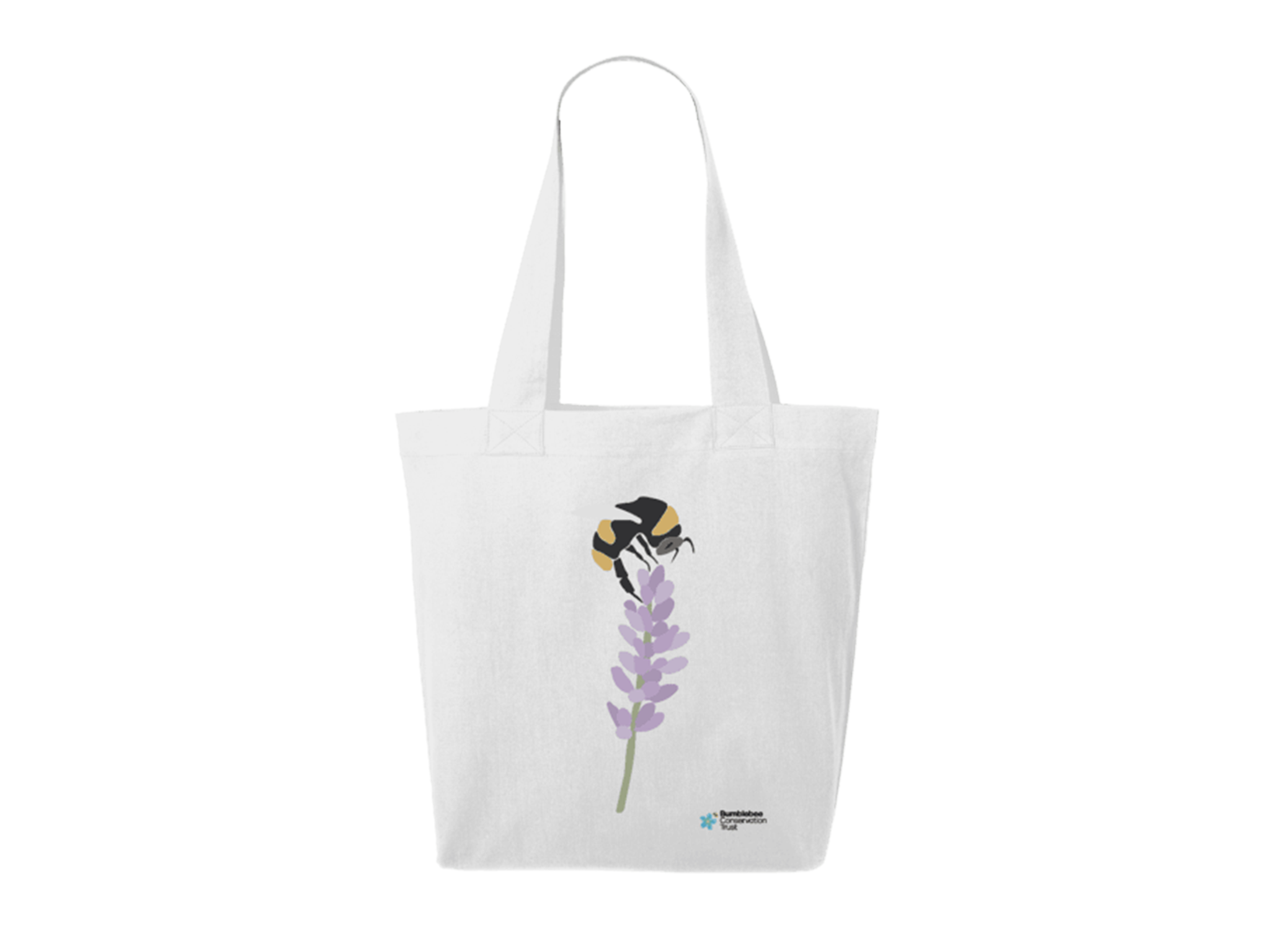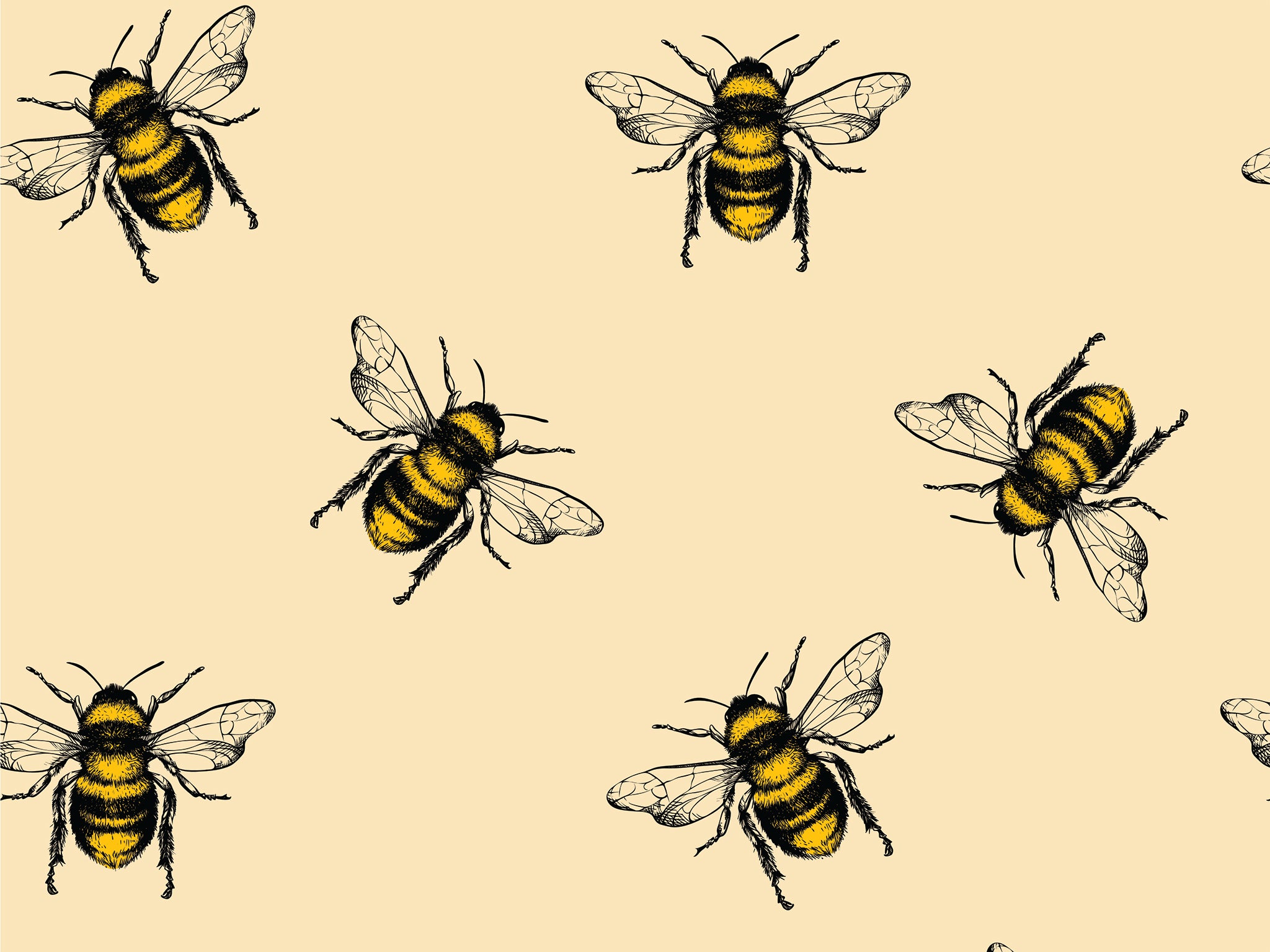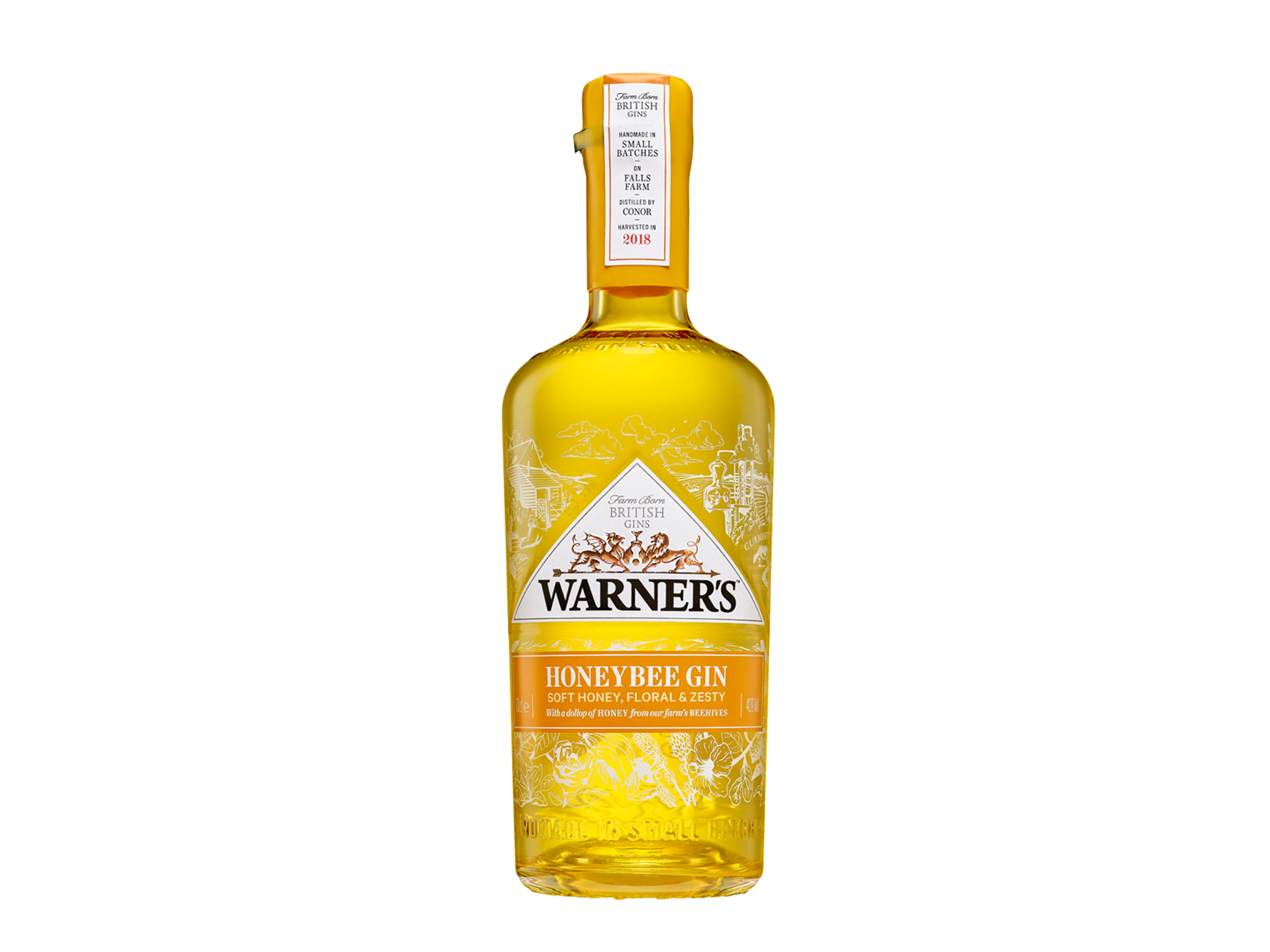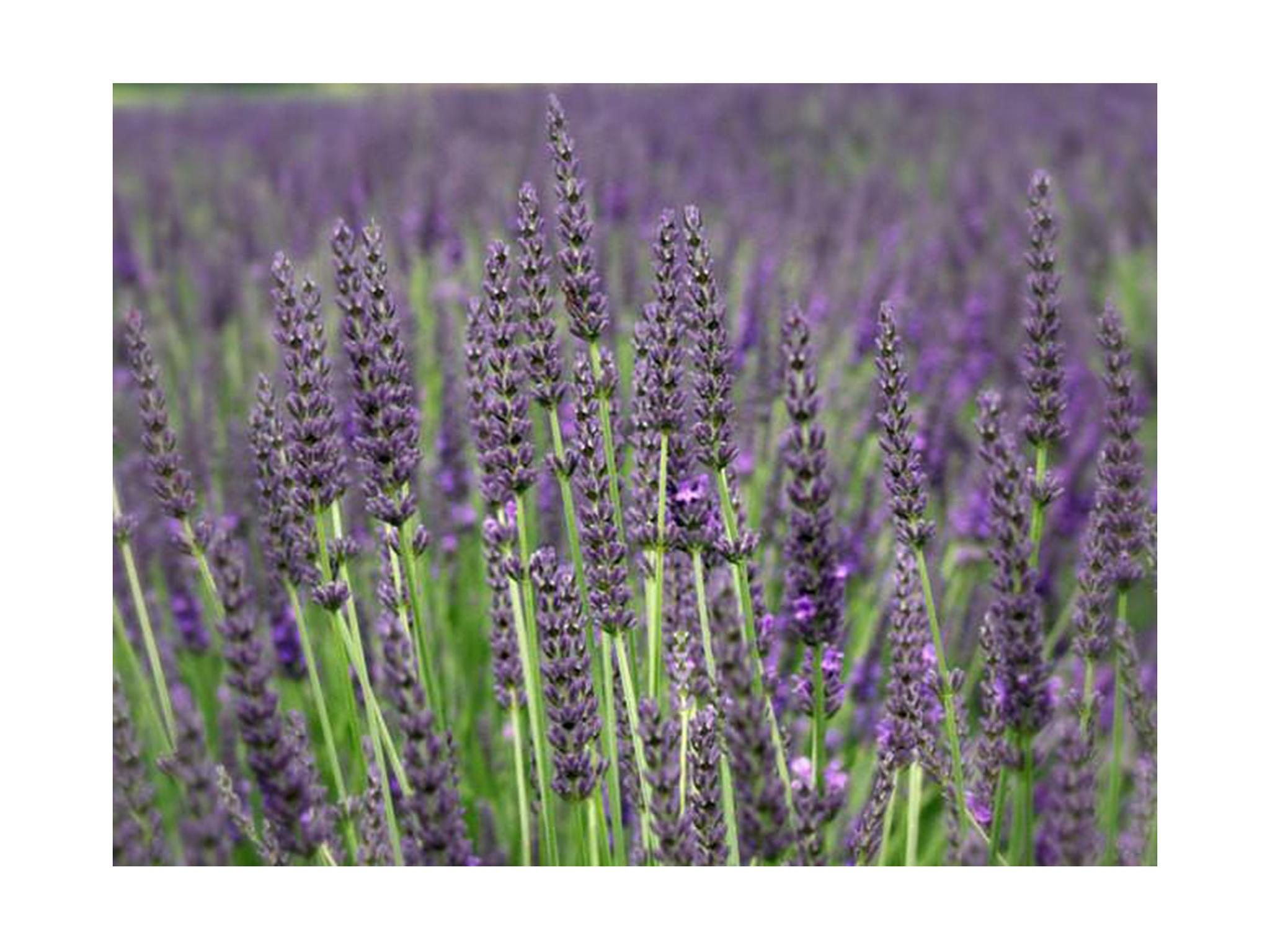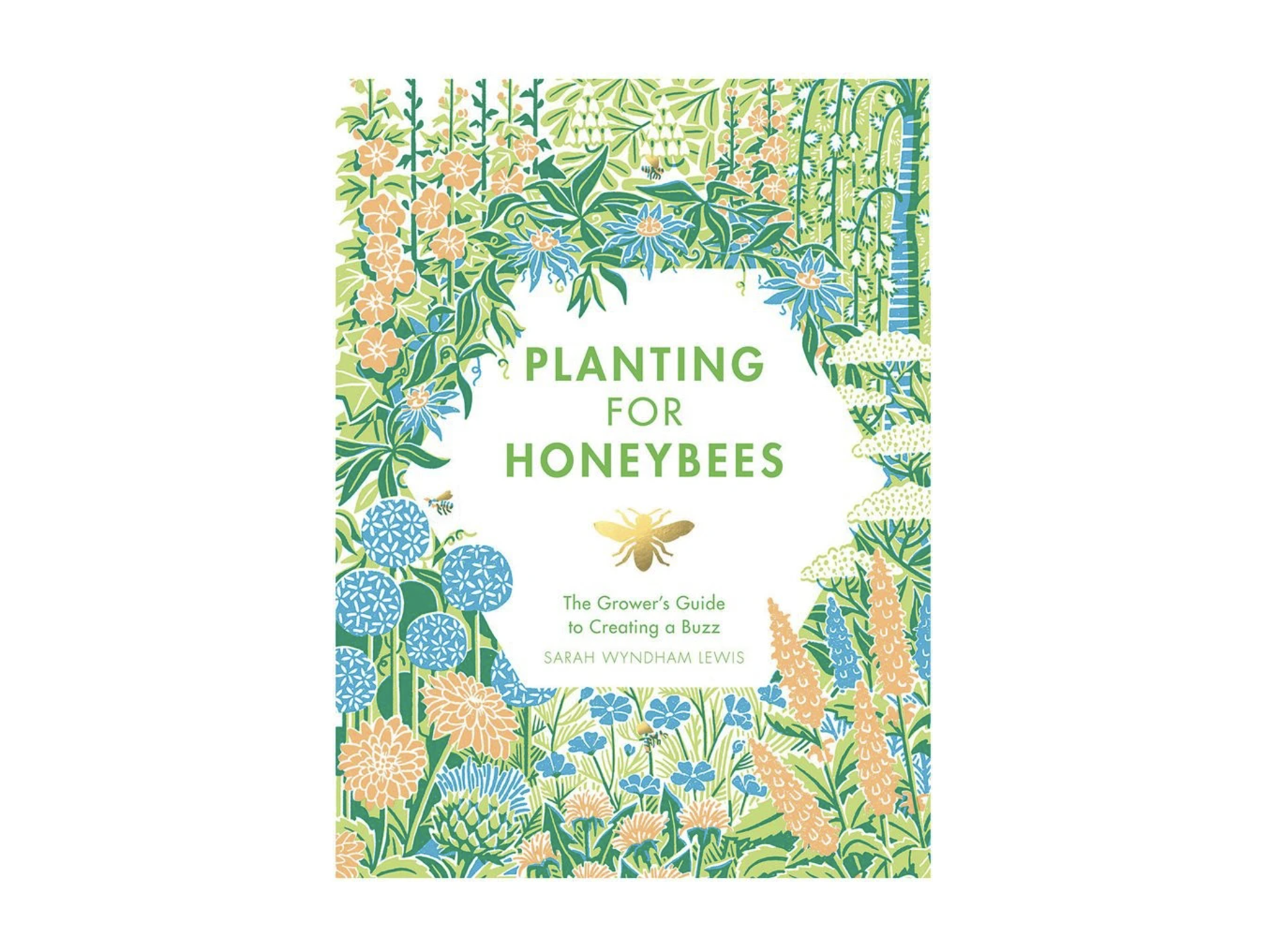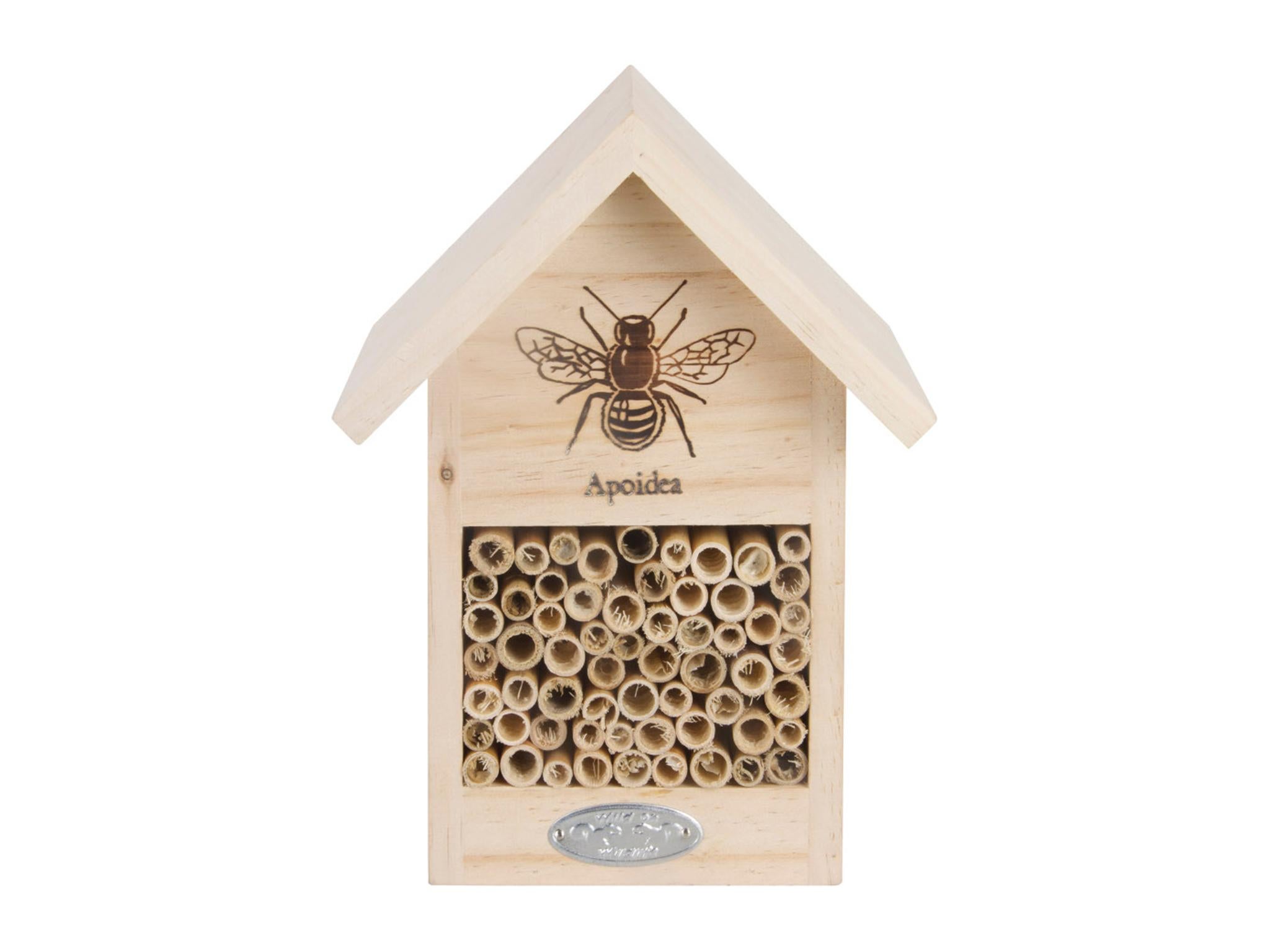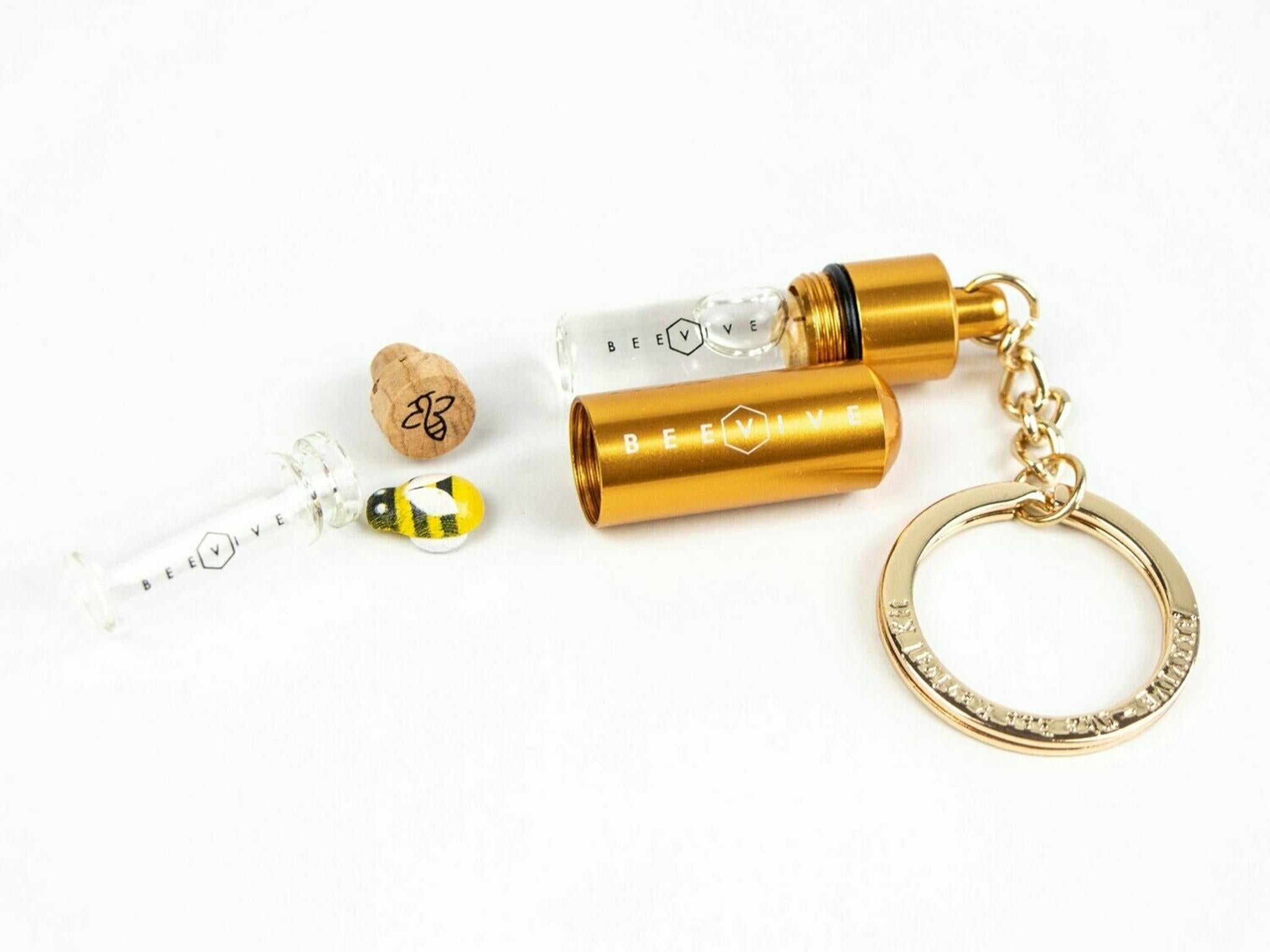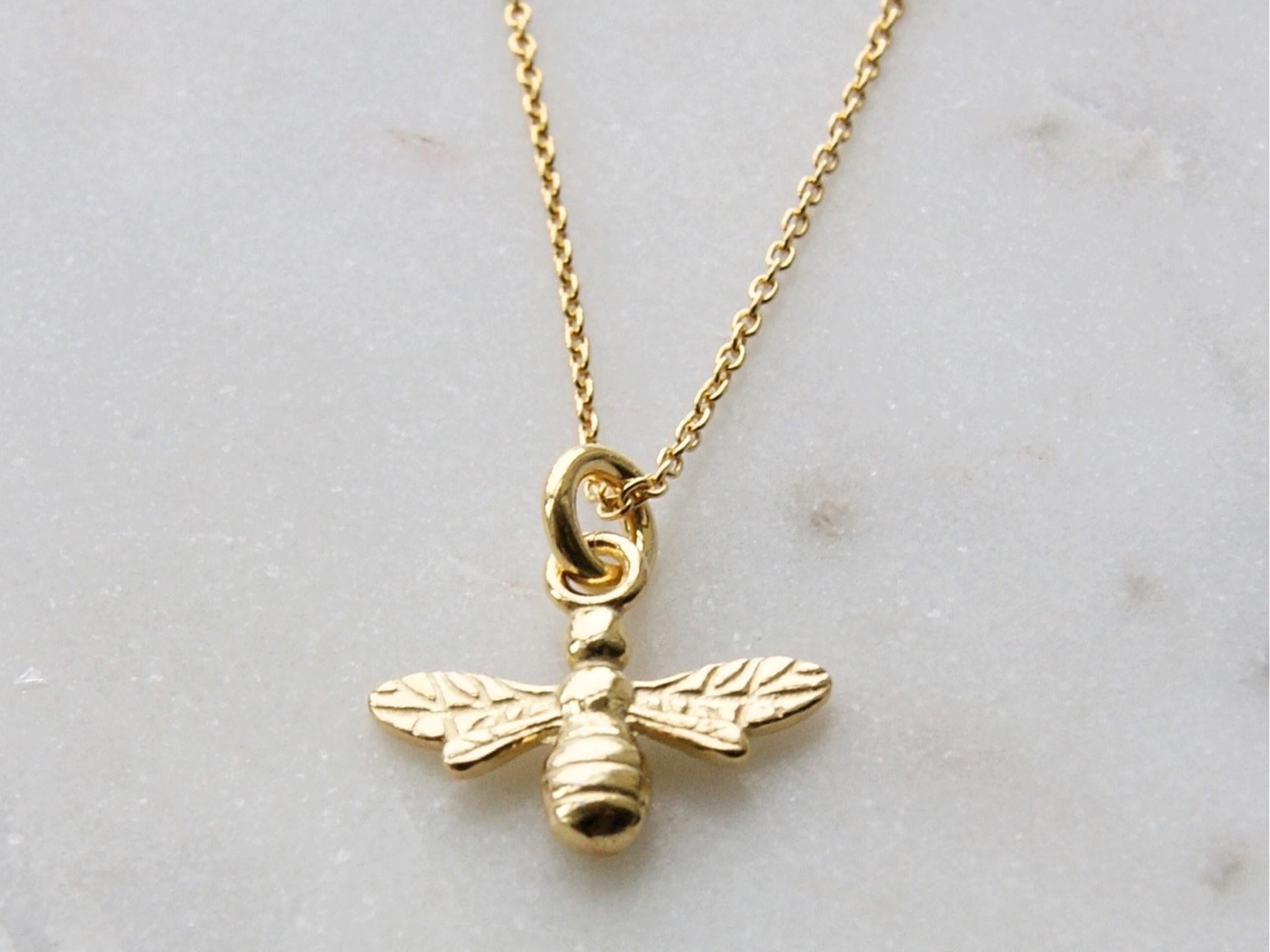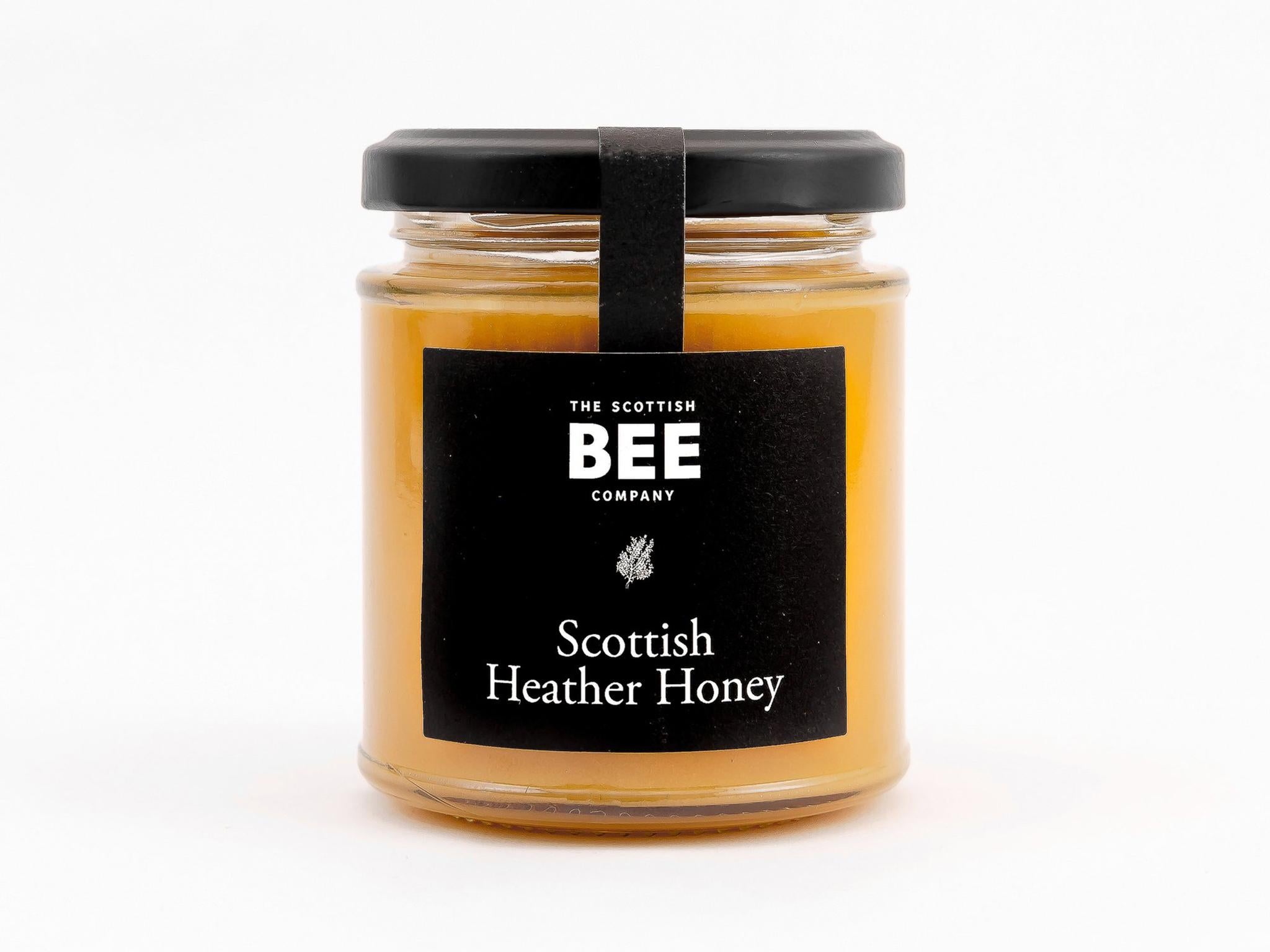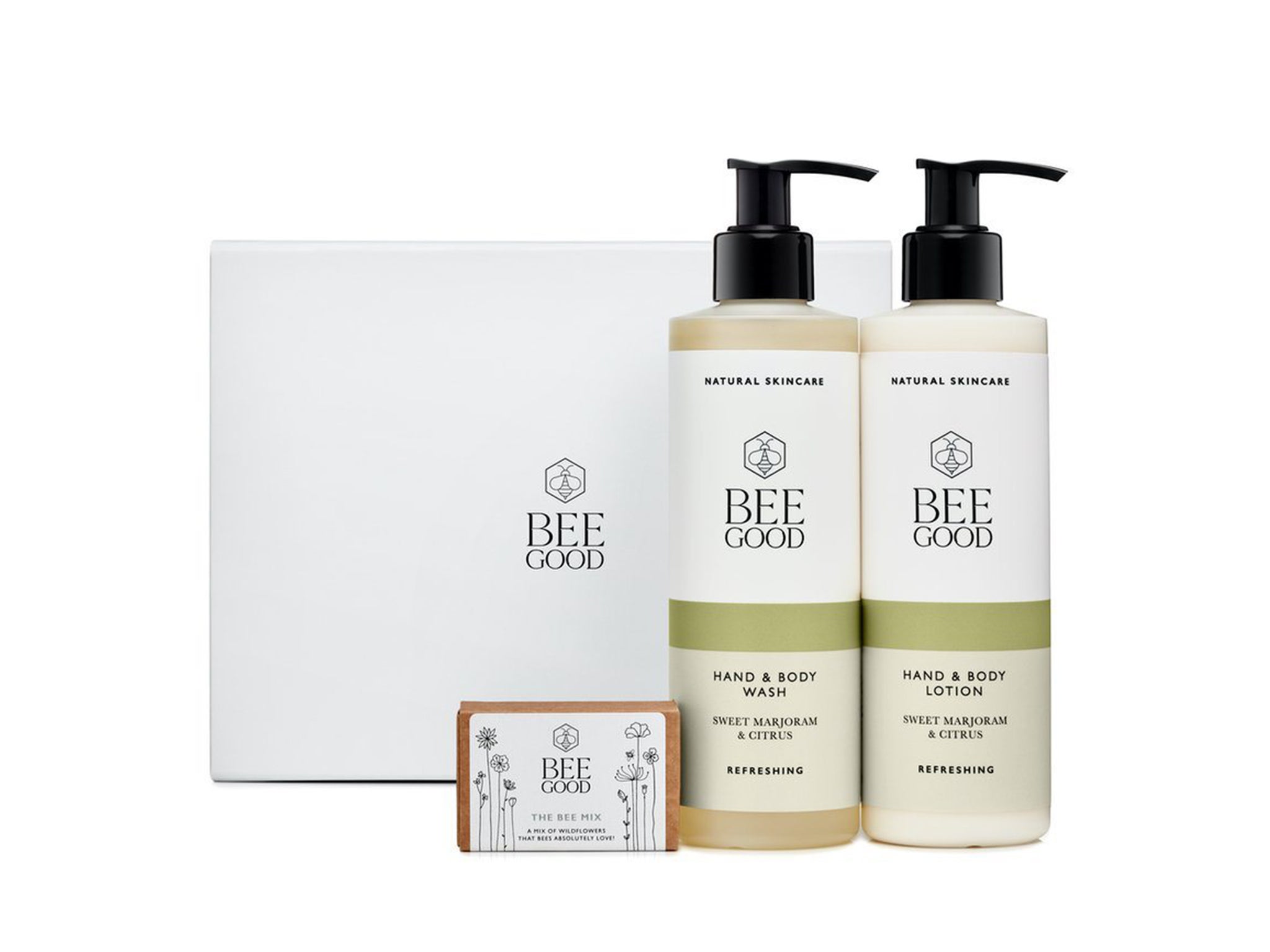World Bee Day – celebrated annually on 20 May – is a day adopted by the United Nations from the Slovenian Beekeepers Association to raise awareness of the importance of protecting and preserving bees and other pollinators. It honours not just honeybees, but bumblebees (of which there are 21 species) and the 77 species of solitary bees, too.
While bees are most commonly known for honey, these intelligent creatures are also behind most of the food we love – fruit, veg, chocolate and even coffee.
And Albert Einstein once famously said that “if the bee disappeared off the face of the Earth, man would only have four years left to live”. But why are bees so important?
Essentially, bees are crucial for the pollination of plants – pollinating a third of the food we eat and 80 per cent of flowering plants – many fruit, veg and crops that feed livestock depend on bees to pollinate them.
While there are other methods of pollination – including wind, birds, bats and other insects – wild bees are among the most important, because they are capable of pollinating on a much bigger scale.
Read more:
Their importance is so great, that it has been estimated that if wild bees disappeared, it could cost UK farmers £1.8bn a year to pollinate crops manually, making them essential for our food supply.
Sadly, the bee population is depleting. Since 1900, the UK has lost 13 species of bee, and a further 35 are considered to be under threat of extinction. The known causes of bee decline include pesticides, habitat loss and climate change.
But it’s not all bad news. Plantlife previously told The Independent that thanks to the lockdown measures that were in place, a number of insect-harming practices have been unintentionally put on hold, such as mowing roadside verges. This has benefited bees because they depend on full, flower-rich verges for survival. Just one hectare of road verge can produce 60kg of nectar sugar – which is said to be enough to support more than six million honeybees.
Luckily, there are plenty of other ways you can bee a hero and do your bit to protect these all important creatures – most of which can be done in the comfort of your own home or outdoor space.
In honour of World Bee Day, we’ve compiled a round-up of all the best ways you can help save the bees, and we’re buzzing about it.
